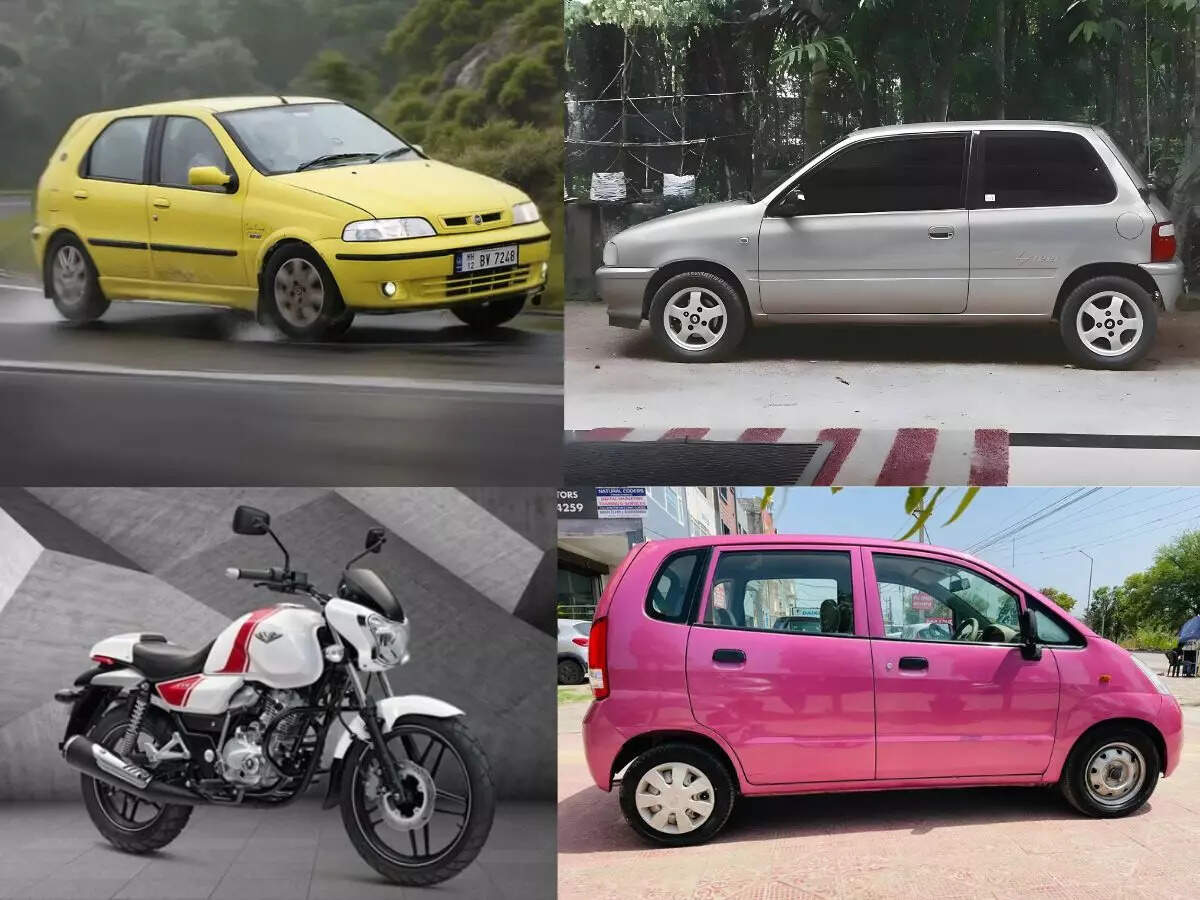With the auto market flooded with special and limited-edition variants, industry experts are of the opinion that ‘cosmetic updates’, lacking any ‘wow factor’, can lead to brand fatigue and dilution.
 Both experts cited historical examples to highlight the long-term value of sticking to a brand’s core DNA, even in the face of initial commercial challenges.
Both experts cited historical examples to highlight the long-term value of sticking to a brand’s core DNA, even in the face of initial commercial challenges.“>
As India’s passenger vehicle market sees a surge in special and limited-edition variants, industry insiders and former auto brand leaders are raising red flags about the growing trend of “cosmetic” updates that lack substance, warning it could lead to brand fatigue and dilution.At a recent discussion at ETAuto, Avik Chattopadhyay, former brand head at Maruti Suzuki, and Rakesh Srivastava, ex-Nissan India MD, delivered candid insights on the strategy behind special editions — and why many are missing the mark.Also watch: Limited editions, unlimited ambitions: Carmakers’ shortcut to sales
“Limited editions or special editions will only work when there’s a wow factor,” said Srivastava. “Most of what we see today addresses internal product lifecycle gaps rather than offering real value or excitement to the customer.”He emphasised that without clear purpose and strategic alignment with a product’s positioning, special editions risk eroding brand equity rather than building it. Chattopadhyay echoed this concern, pointing out that superficial changes like stickers, decals, and badges are no longer enough to sway today’s discerning consumers.“It’s not just Maruti — it’s the responsibility of all industry leaders, whether Hero MotoCorp or Hyundai, to create differentiated offerings, not cosmetic ones,” Chattopadhyay said. “Otherwise, the customer is just going to say: stop wasting your money and our time.”Risk of losing identity
Both experts cited historical examples to highlight the long-term value of sticking to a brand’s core DNA, even in the face of initial commercial challenges.
Chattopadhyay recalled the Maruti Swift’s launch in 2005, which initially failed to take off uniformly across India.
“Swift was a global product, not a regular Maruti. In the beginning, it only worked in western and northern India. The rest of the market didn’t get it — because it was being positioned like a typical Maruti. But when the core identity was respected, it became a runaway success.”
Srivastava added that deviation from original positioning often stems from knee-jerk reactions to early sales figures.
“Let the euphoria settle. Real product performance can only be judged six to eight months after launch,” he said, cautioning against early course-correction based on incomplete data. “Too many special editions have been launched just to fill gaps — that creates confusion and brand drift.”
Both experts invoked Maruti Suzuki’s enduring models — WagonR and Swift — as case studies in brand consistency and resilience.
“WagonR didn’t win the race initially — it was seen as a ‘me-too’ against the Santro,” said Srivastava. “But it stayed true to its tall-boy utility form and is now India’s top-selling model. Santro, which veered off its positioning, no longer exists.”
They also warned against repeating past mistakes. The Zen Estilo, for instance, failed because it ignored the DNA of the original Zen hatchback, according to Chattopadhyay.
“The Estilo was essentially a Suzuki MR Wagon with a Zen badge pasted on it. That’s disrespectful to what the Zen stood for — and the customer saw right through it.”
Call for hyper-personalisation and purpose
As product development cycles shrink due to digital tools and simulation, Chattopadhyay urged OEMs to explore hyper-personalisation — tailoring cars not just by variant or feature but to the buyer’s individual preference.
Srivastava added that the resale market is the ultimate judge of a good limited edition.
“Successful editions, like the Bajaj V made from metal salvaged from INS Vikrant, still fetch a premium. It’s about emotional connect and storytelling — not tactical features for one monsoon season.”
According to both executives, special editions should be strategic brand-building tools, not quick-fix sales boosters.
“Don’t let marketing egos or Excel-sheet product planning decide what customers want,” Srivastava warned. “Spend time in the field. Talk to customers and dealers. Understand what makes your brand tick — and then build on it.”
Chattopadhyay agreed, saying that true success comes from respecting the customer’s intelligence.
“Consumers are sharper than we give them credit for. They see through frivolous marketing. Give them something genuine, and they’ll stay loyal.”
As India’s auto market matures, the message from the veterans is clear: be bold, be authentic, and don’t insult the consumer’s intelligence with hollow limited editions. The future lies in genuine differentiation — and a return to brand truths.
Join the community of 2M+ industry professionals
Subscribe to our newsletter to get latest insights & analysis.




